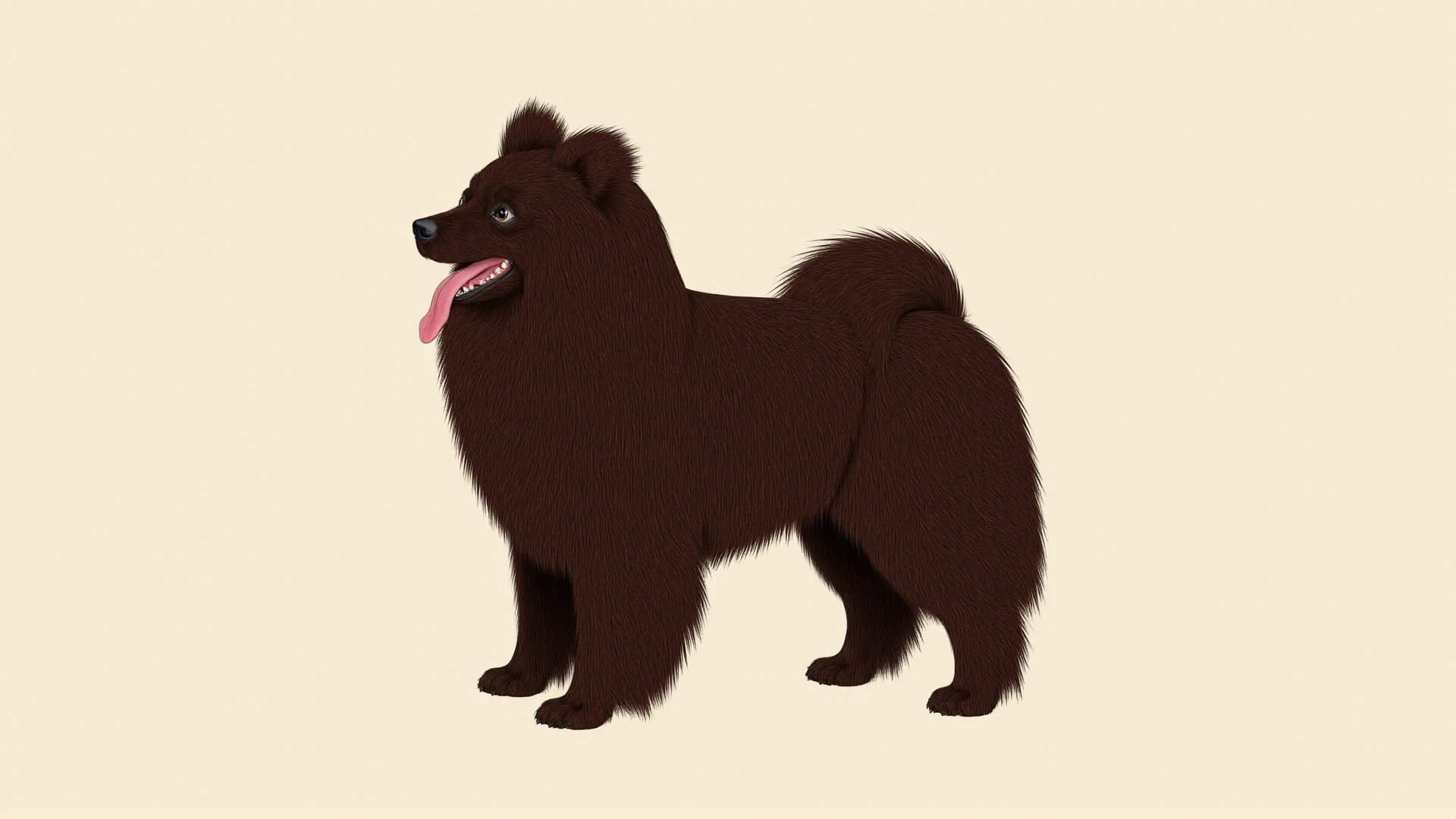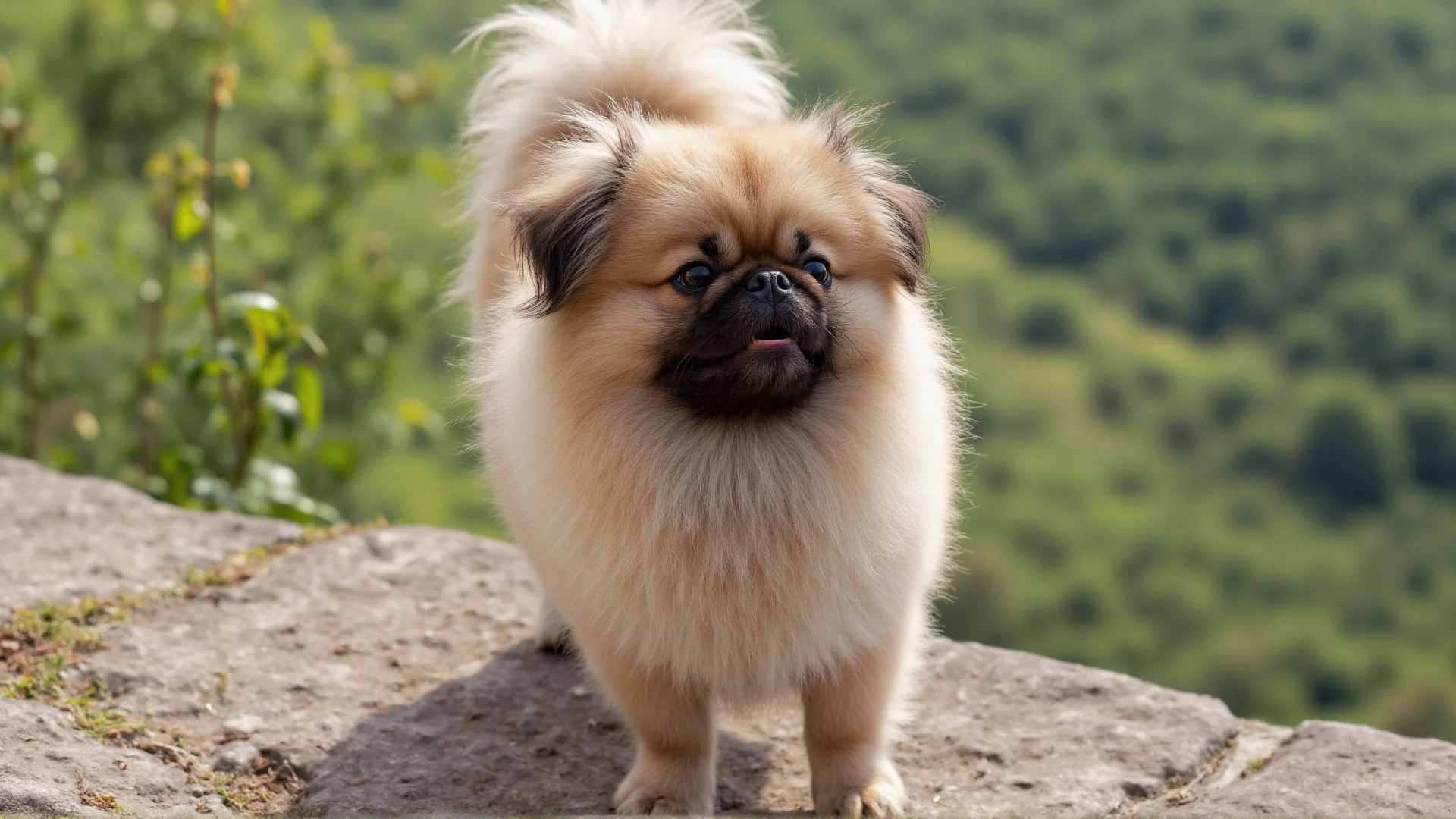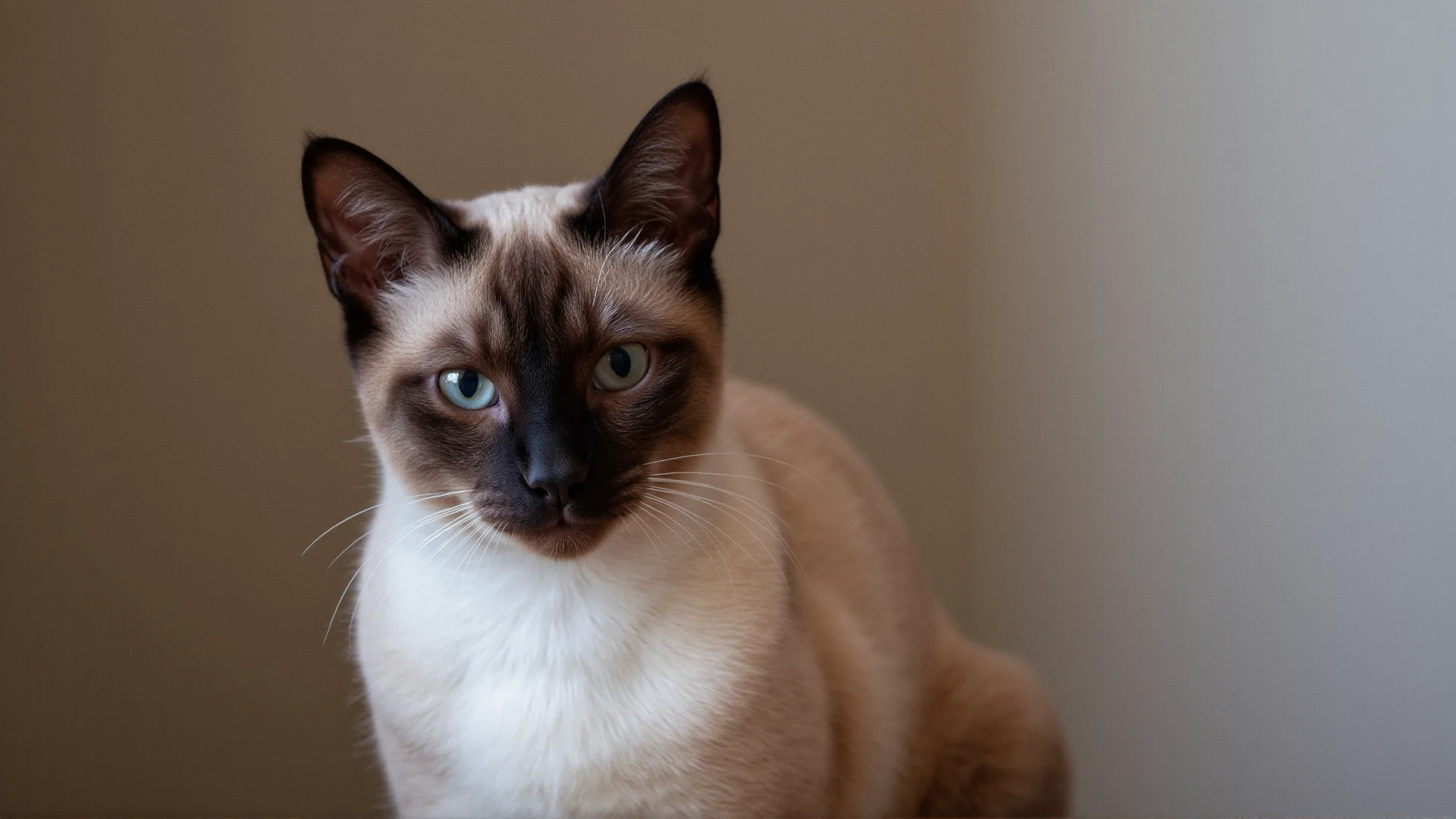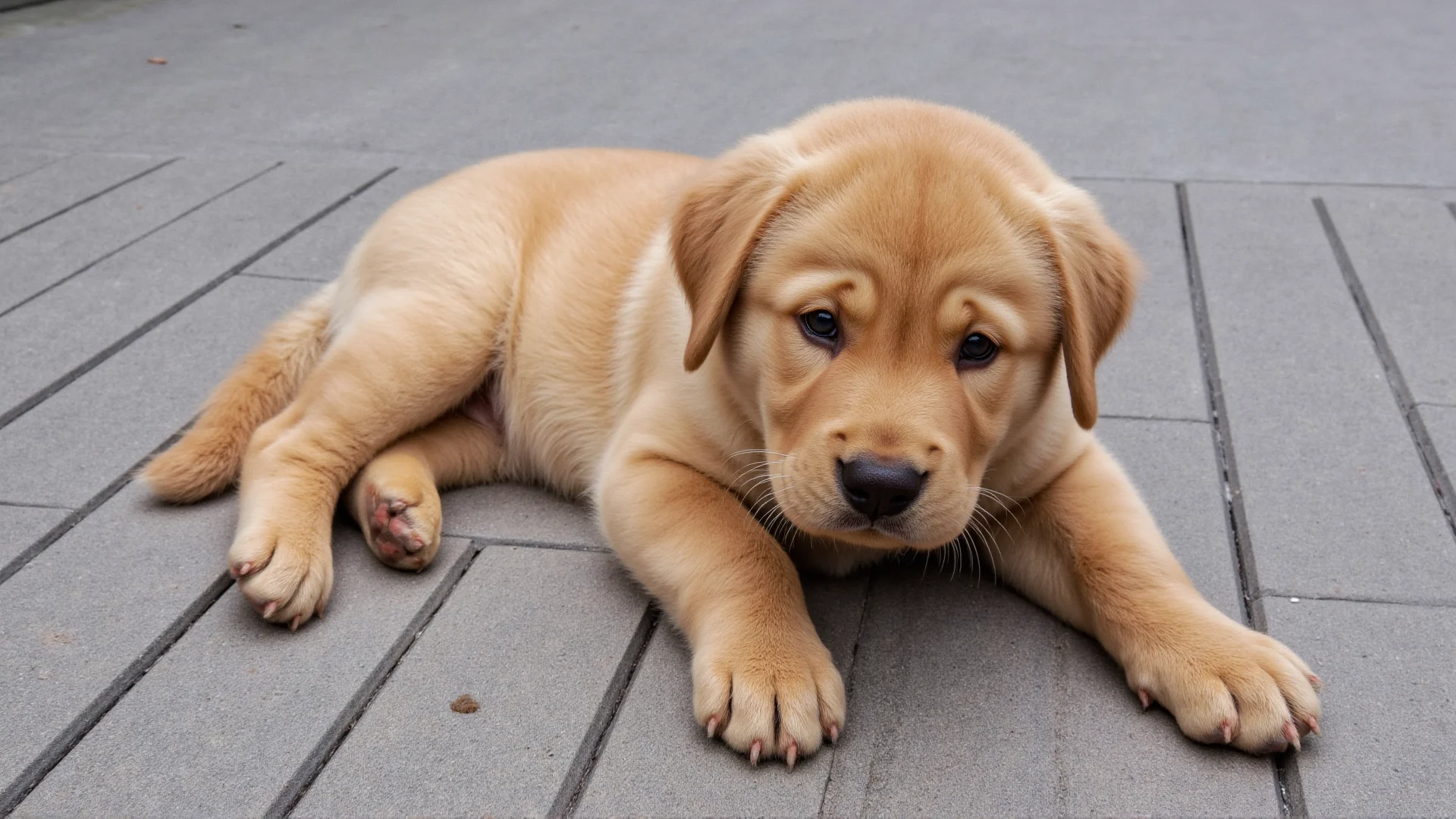The Complete Japanese Chin Care Guide: Everything You Need to Know
The Japanese Chin is a delicate, elegant toy breed that requires specialized care to thrive. These charming companions, with their distinctive flat faces and silky coats, need attentive owners who understand their unique needs.
Understanding Your Japanese Chin's Unique Needs
Japanese Chins are brachycephalic dogs, meaning they have shortened airways that make them sensitive to temperature extremes and exercise intensity. Originally bred as companion dogs for Japanese nobility, they retain their aristocratic demeanor and prefer a comfortable, stable environment.
These dogs typically weigh between 7-11 pounds and stand 8-11 inches tall, making them perfect apartment companions. However, their small size also means they're more fragile than larger breeds and require careful handling.
Daily Grooming Essentials
Coat Care
The Japanese Chin's beautiful silky coat requires daily attention to prevent matting and maintain its lustrous appearance:
- Daily brushing: Use a pin brush or slicker brush to gently work through the coat, paying special attention to areas prone to tangling like behind the ears and under the legs
- Weekly deep grooming: Use a metal comb to check for any missed tangles and ensure the undercoat is properly maintained
- Bathing frequency: Bathe every 3-4 weeks or as needed, using a gentle dog shampoo formulated for sensitive skin
Facial Care
The Japanese Chin's flat face requires special attention:
- Clean facial wrinkles daily with a damp cloth to prevent bacterial growth
- Dry thoroughly after cleaning to avoid moisture buildup
- Monitor for signs of irritation or infection
Eye Care
Their prominent eyes are vulnerable to injury and irritation:
- Gently wipe around the eyes daily with a clean, damp cloth
- Watch for excessive tearing, redness, or discharge
- Keep hair trimmed around the eyes to prevent irritation
Nutrition and Feeding Guidelines
Choosing the Right Food
Japanese Chins have specific dietary needs due to their size and sensitive digestive systems:
- Select high-quality small-breed kibble with smaller piece sizes
- Look for foods with easily digestible proteins like chicken or fish
- Avoid foods with excessive fillers or artificial additives
Feeding Schedule
Establish a consistent feeding routine:
- Puppies (8-12 weeks): 3-4 small meals per day
- Adults: 2 meals per day, morning and evening
- Seniors: May benefit from smaller, more frequent meals
Portion Control
Japanese Chins are prone to obesity, which can exacerbate breathing problems. Measure food carefully and monitor weight regularly. Generally, adult Japanese Chins need 1/4 to 1/2 cup of high-quality dry food daily, divided between meals.
Exercise and Activity Requirements
Exercise Limitations
While Japanese Chins enjoy playtime, their exercise needs are moderate:
- Two short walks per day (15-20 minutes each)
- Indoor play sessions are often sufficient
- Avoid strenuous exercise, especially in hot or humid weather
Safe Exercise Practices
- Exercise during cooler parts of the day
- Watch for signs of overheating: excessive panting, drooling, or difficulty breathing
- Provide frequent water breaks
- Use a harness instead of a collar to protect the delicate neck area
Health Monitoring and Preventive Care
Common Health Concerns
Japanese Chins are predisposed to certain health conditions:
- Brachycephalic Obstructive Airway Syndrome (BOAS): Monitor breathing patterns and avoid overexertion
- Heart murmurs: Regular veterinary check-ups are essential
- Luxating patella: Watch for limping or unusual gait
- Eye problems: Including cataracts and corneal abrasions
Regular Health Maintenance
- Schedule veterinary check-ups every 6 months
- Keep up with vaccinations and parasite prevention
- Monitor weight to prevent obesity
- Maintain dental hygiene with regular brushing and dental chews
Creating a Safe Environment
Temperature Control
Japanese Chins are sensitive to temperature extremes:
- Maintain indoor temperatures between 68-72°F
- Provide cooling mats or fans during warm weather
- Use sweaters or coats in cold weather
- Never leave your Japanese Chin in a car unattended
Safety Considerations
- Use baby gates to prevent falls from heights
- Choose toys appropriate for small mouths to prevent choking
- Secure balconies and high decks
- Be cautious around larger dogs during play
Mental Stimulation and Enrichment
Japanese Chins are intelligent dogs that need mental engagement:
- Puzzle toys and treat-dispensing toys
- Short training sessions using positive reinforcement
- Rotating toys to maintain interest
- Social interaction with family members
Signs of Illness to Watch For
Contact your veterinarian immediately if you notice:
- Difficulty breathing or excessive panting at rest
- Blue or gray gums
- Loss of appetite for more than 24 hours
- Vomiting or diarrhea
- Lethargy or unusual behavior
- Eye discharge or redness
- Limping or difficulty moving




